Hopes that an end to Yemen’s punishing civil war might be within reach were briefly ignited last month. They faded almost as quickly as they came, when the government of exiled President Abd-Rabbu Mansour Hadi rejected a plan put forward by U.S. Secretary of State John Kerry.
The Hadi government’s opposition to the plan, which apparently enjoyed the support of the insurgent Houthis and key members of the Saudi-led military coalition that seeks to return Hadi to power, is consistent with its rejection of similar proposals that have called for moving forward simultaneously on both military and political tracks rather than adhering to the terms of United Nations Security Council Resolution 2216, which calls for the Houthi rebels to surrender all heavy weapons and give up territory they have seized before political discussions begin.
Now, with the clock ticking down on the Obama administration and European governments increasingly preoccupied with their own elections and the future of the European Union, it appears that Yemen’s “forgotten war” will continue unabated and, for the most part, unnoticed.
It is understandable why Yemen’s conflict has been eclipsed by other global crises, principal among them the civil war in Syria. That conflict, which has led to nearly 500,000 deaths, unleashed a massive wave of migration and continues to preoccupy Europe, Russia and the West.
In comparison, Yemen’s war has largely been contained to a land many people would have difficulty finding on a map. While the dimensions of the humanitarian crisis and the extent of infrastructure damage are appalling, the consequences of allowing it to go unresolved are less apparent. But they are real, and the international community ignores them at its peril.
First, Yemen is home to what may be the most dangerous Al Qaeda franchise in the world: Al Qaeda in the Arabian Peninsula (AQAP). This offshoot has demonstrated the intent and the ability to engineer terrorist attacks around the world, including two unsuccessful attempts on the United States, in December 2009 and October 2010, and at least some level of culpability for the attack in Paris in January 2015 that targeted the French satirical newspaper, Charlie Hebdo.
Nevertheless, the Saudi-led coalition virtually ignored AQAP upon entering Yemen’s war in March 2015. Instead, it focused single-mindedly on forcing the insurgent Houthis to relinquish their hold on territory, surrender their heavy weapons and return to their traditional homeland in the north of the country. At this point, AQAP thrived, seizing the seaport city of Mukalla in Yemen’s southeast in June 2015, which it held until Yemeni forces, supported by United Arab Emirates’ special forces, reclaimed it nearly one year later. However, AQAP continues to pose a significant threat to the region and beyond.
Then there is Yemen’s location, which makes the country a key geostrategic asset. It sits astride international shipping lanes that link the Arabian Sea and Red Sea, through which pass the bulk of global energy supplies en route to Europe and the West. Already, a US navy destroyer in the Red Sea and an Emirati vessel in the Gulf of Aden have come under attack from areas in Yemen controlled by the Houthis. Should similar attacks target commercial tankers in the same waters, global energy supplies could be disrupted.
Without the support of key players in the international community, the UN Special Envoy’s efforts to bring the warring parties back to the negotiating table will fail. Yemen’s war will continue, the nation’s already feeble infrastructure will be further pummelled and even greater harm will be inflicted on its long-suffering population.
Even now, the World Food Programme predicts well over 16 million people will soon become food insecure in Yemen, an increase of 2.5 million since its last assessment just six months ago. Overall, according to the UN, the war has killed at least 10,000 people — nearly half of them civilians — wounded more than 35,000 and displaced at least three million since March 2015.
Ironically, one of the principal characteristics that relegates news of Yemen’s war to the inside pages of our daily newspapers is also a major reason for optimism: fundamentally, this is still a conflict that Yemenis themselves can resolve. To do so, Yemenis will need the political will — and a good, strong push from the international community.
The longer the war continues, the more likely it is to invite even deeper involvement by external players, increasing the prospect of greater human calamity and robbing Yemenis of the opportunity to determine the future of their own nation.
This article was originally published by The Mark News.
The views represented herein are the author's or speaker's own and do not necessarily reflect the views of AGSI, its staff, or its board of directors.
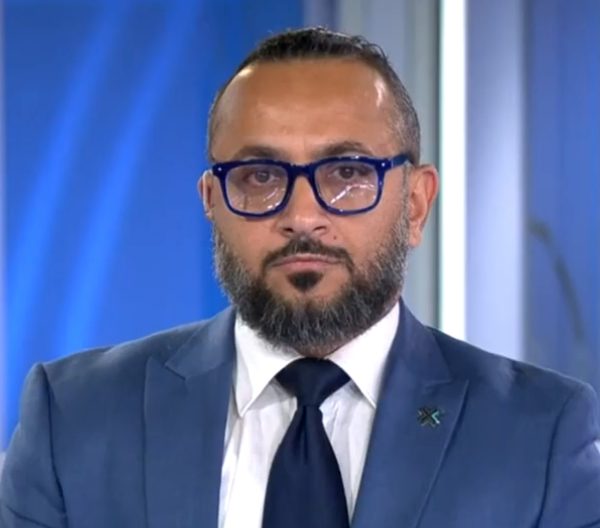


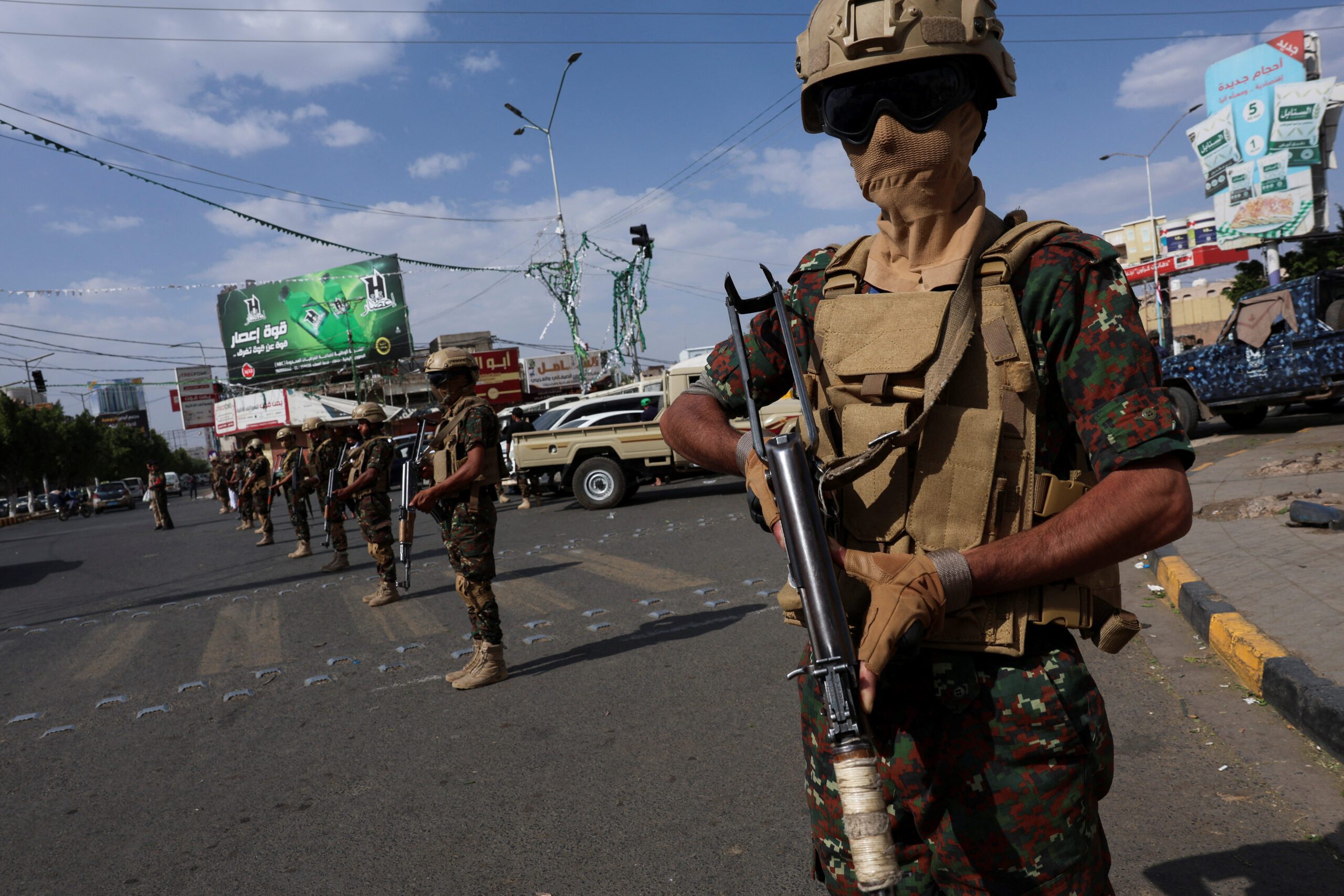
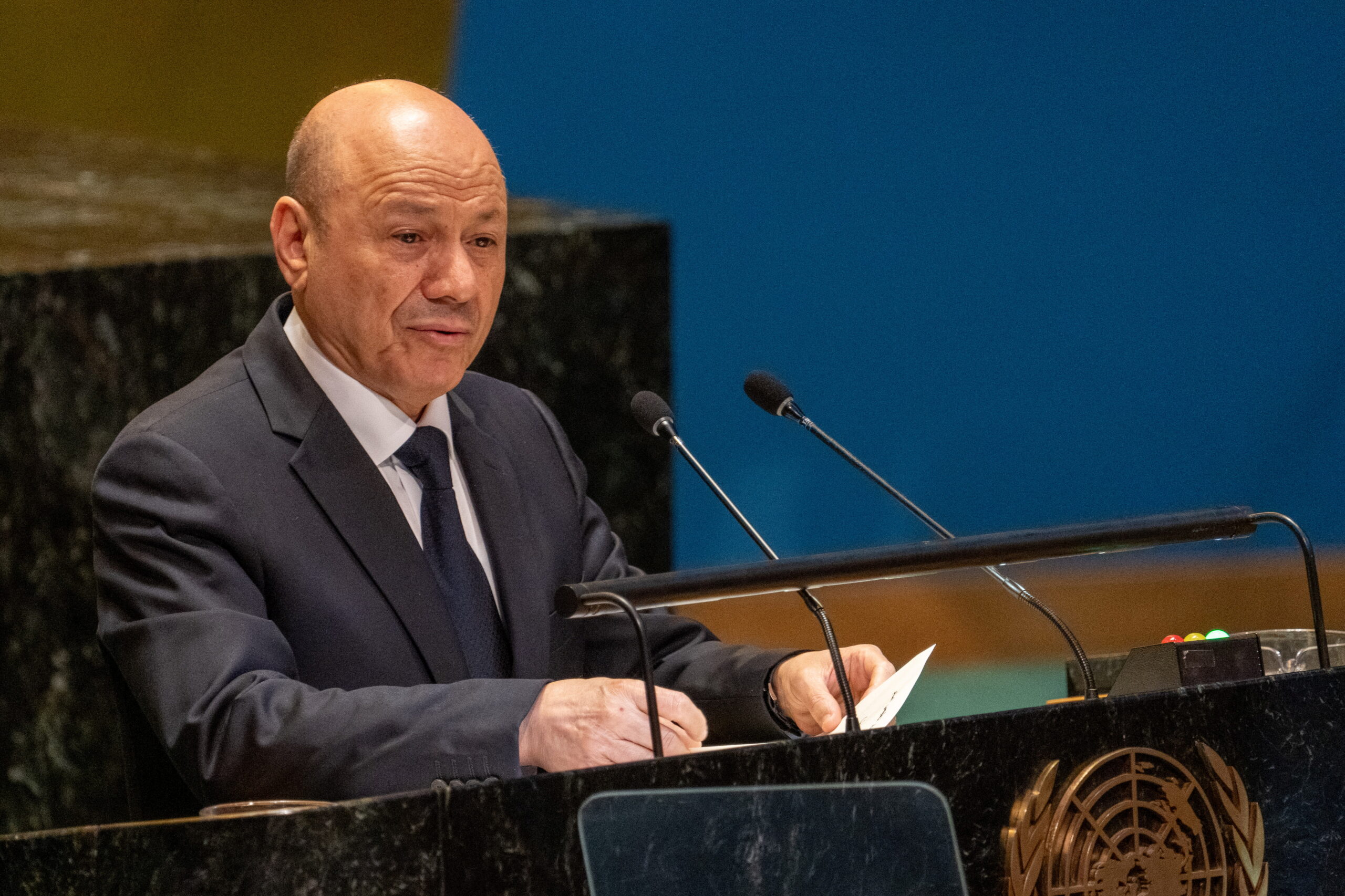
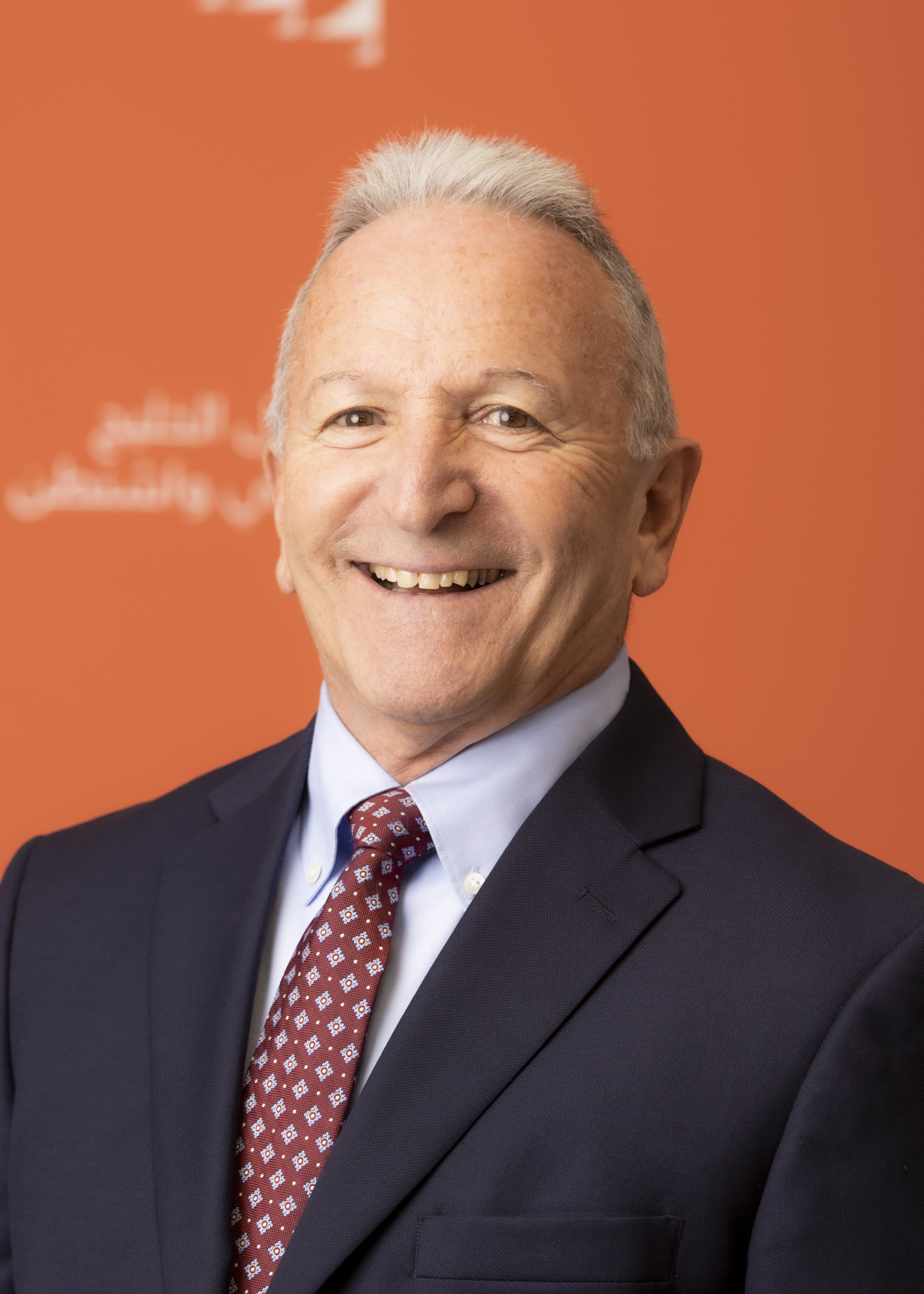
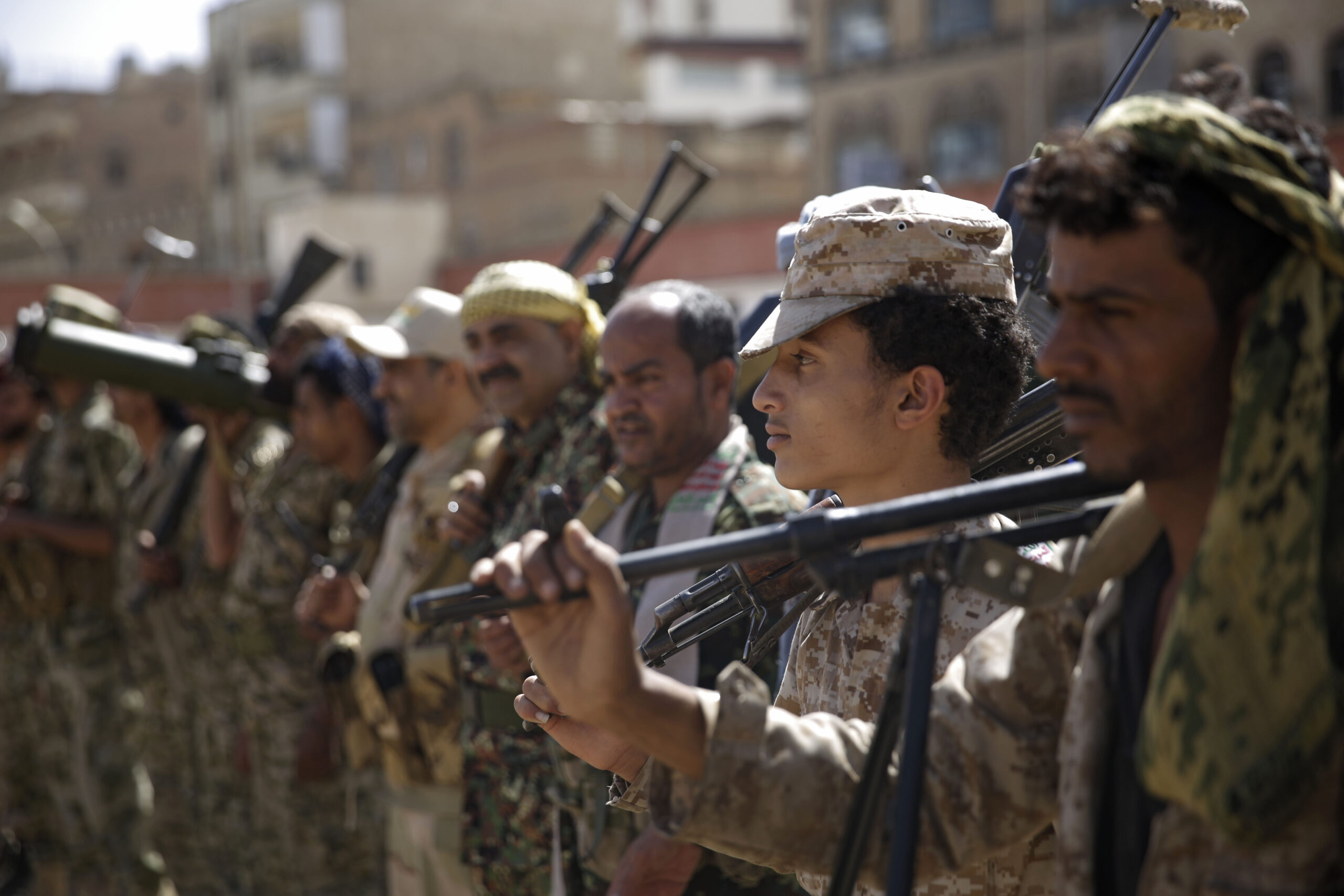
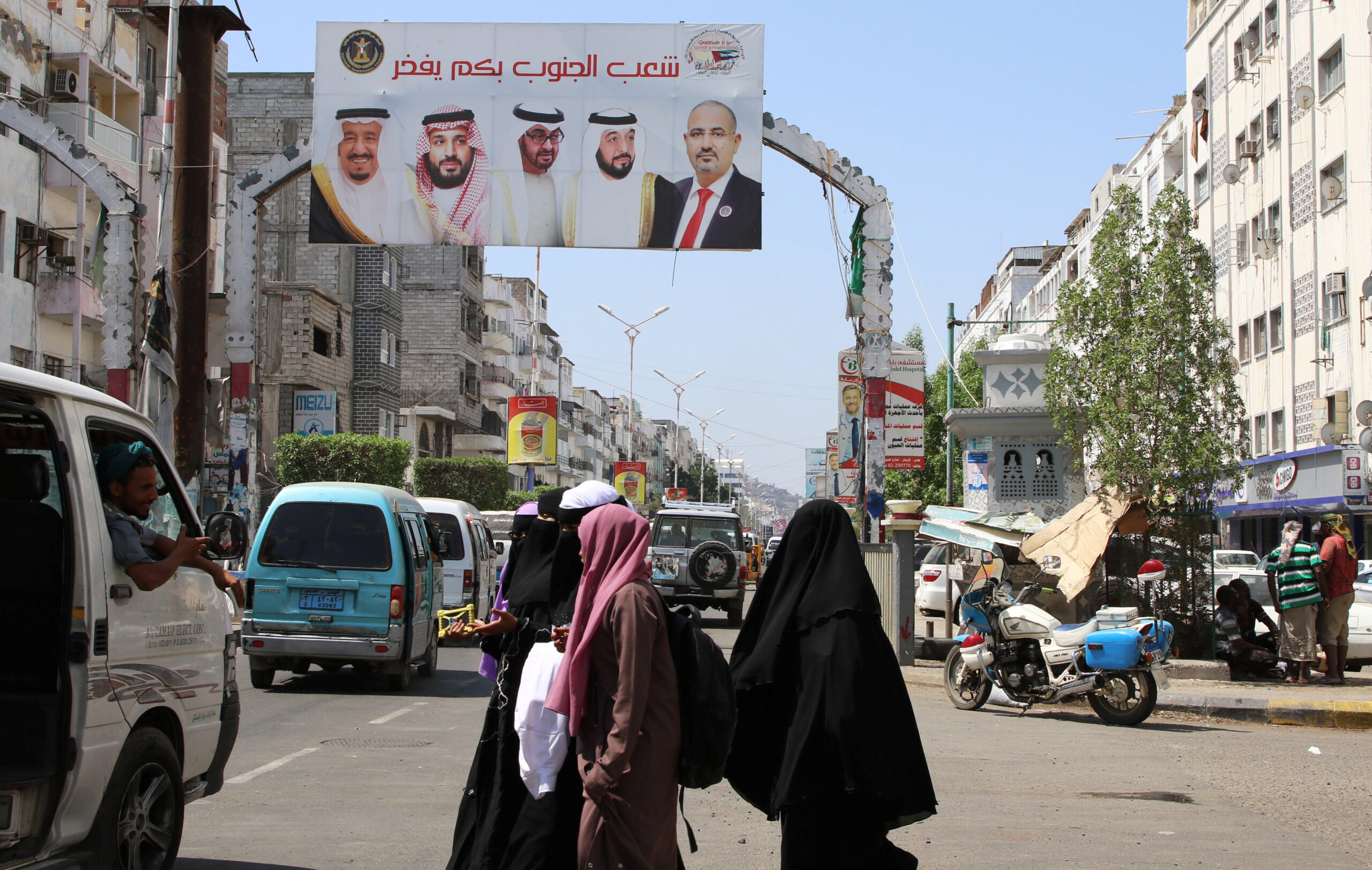
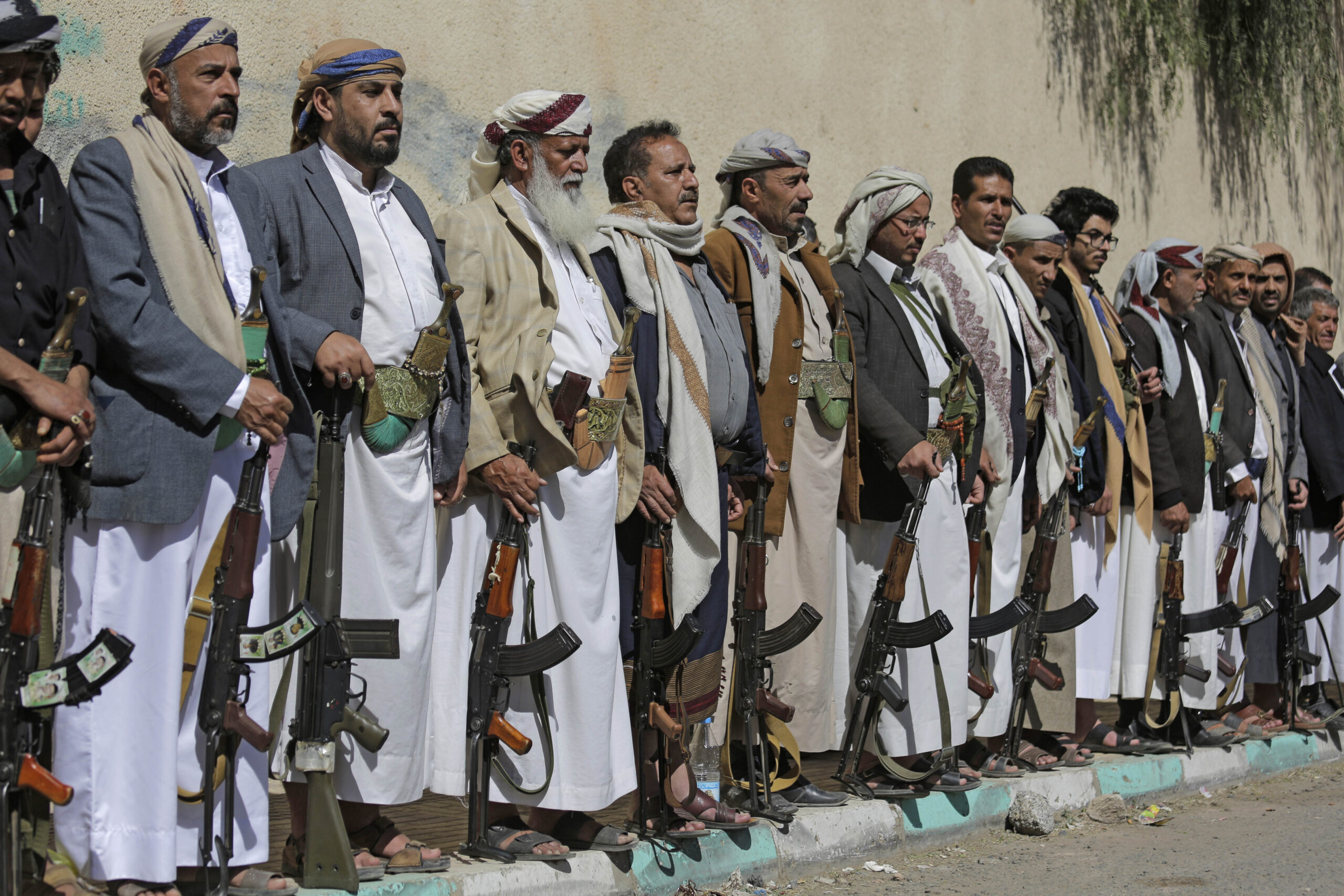
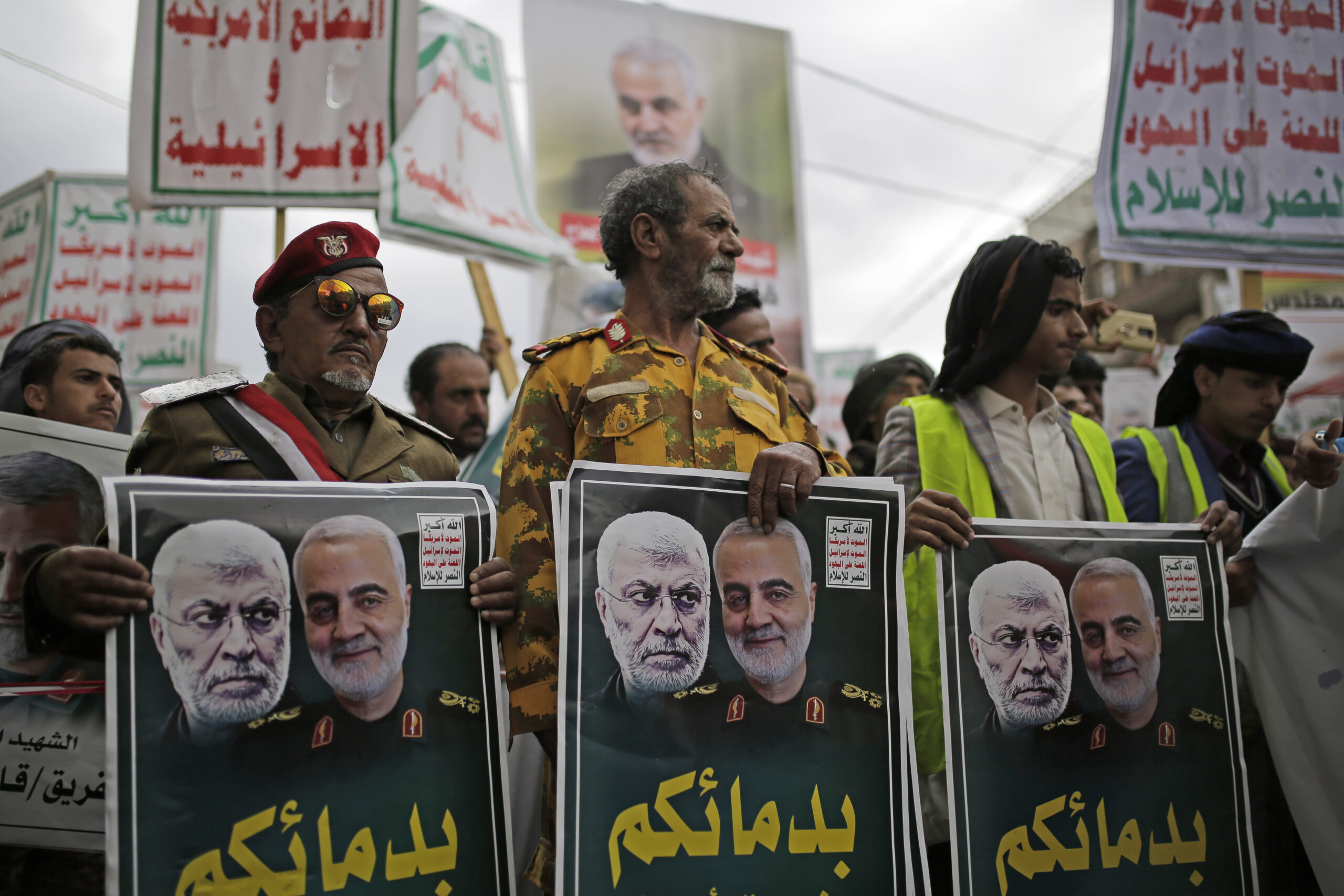
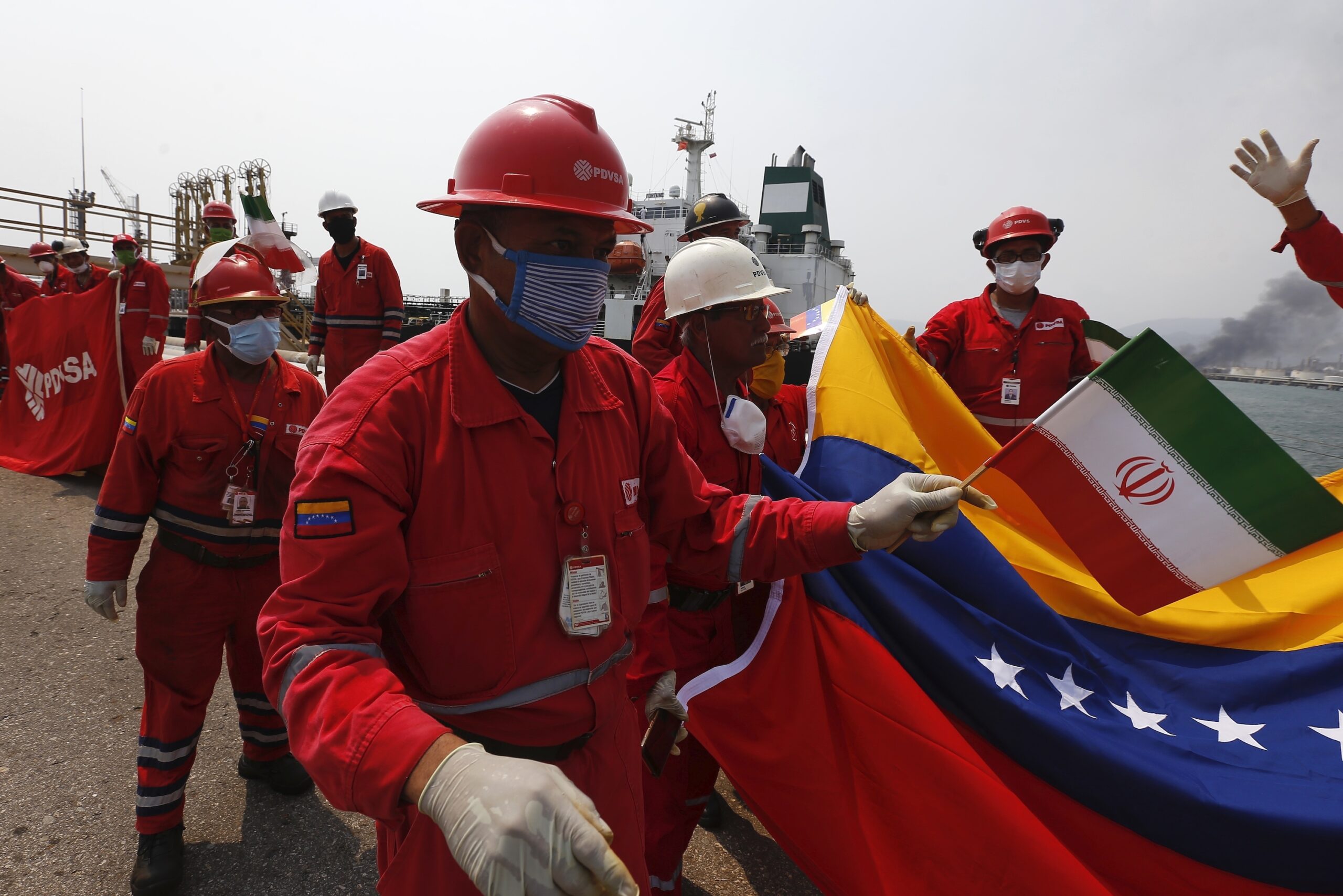
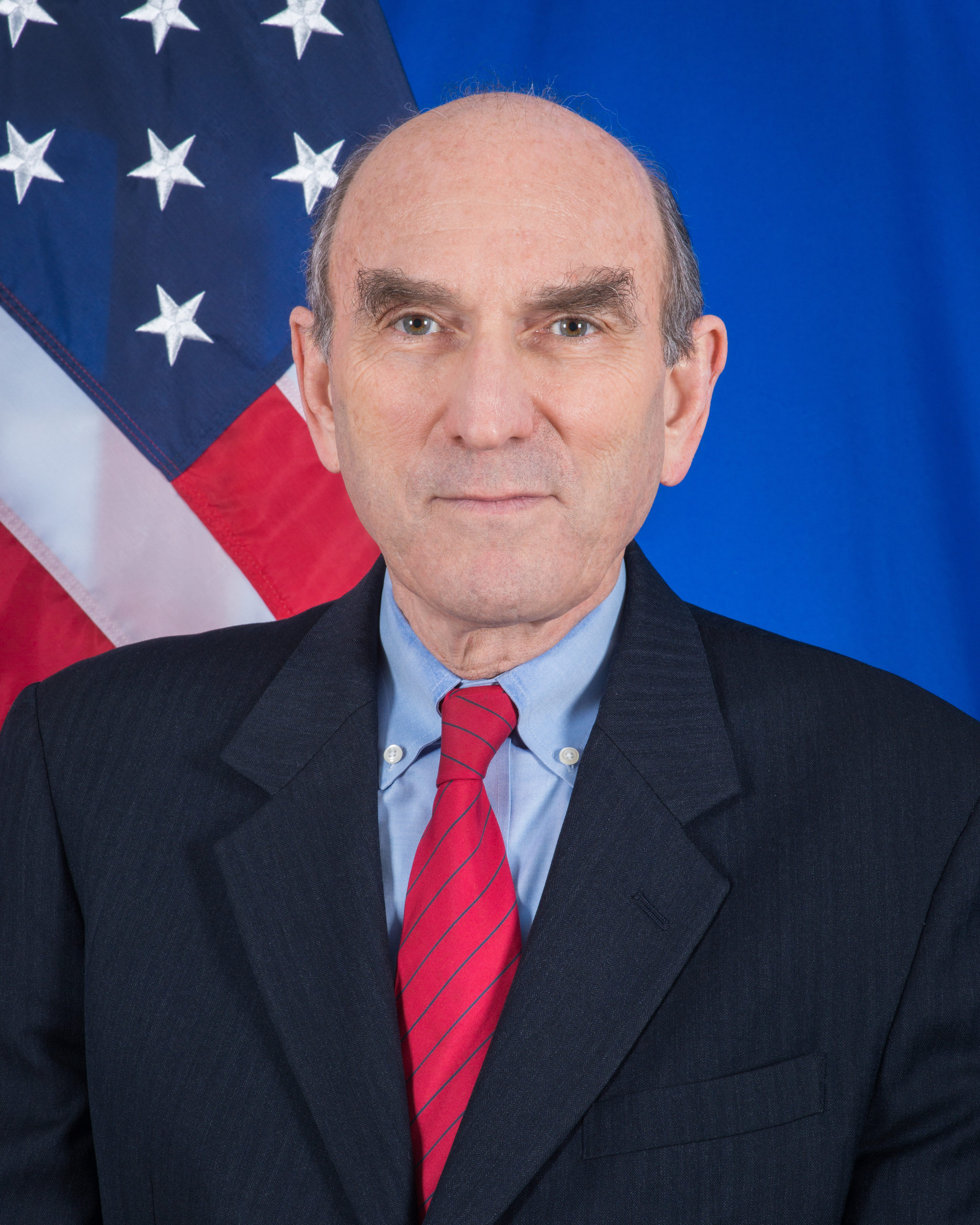
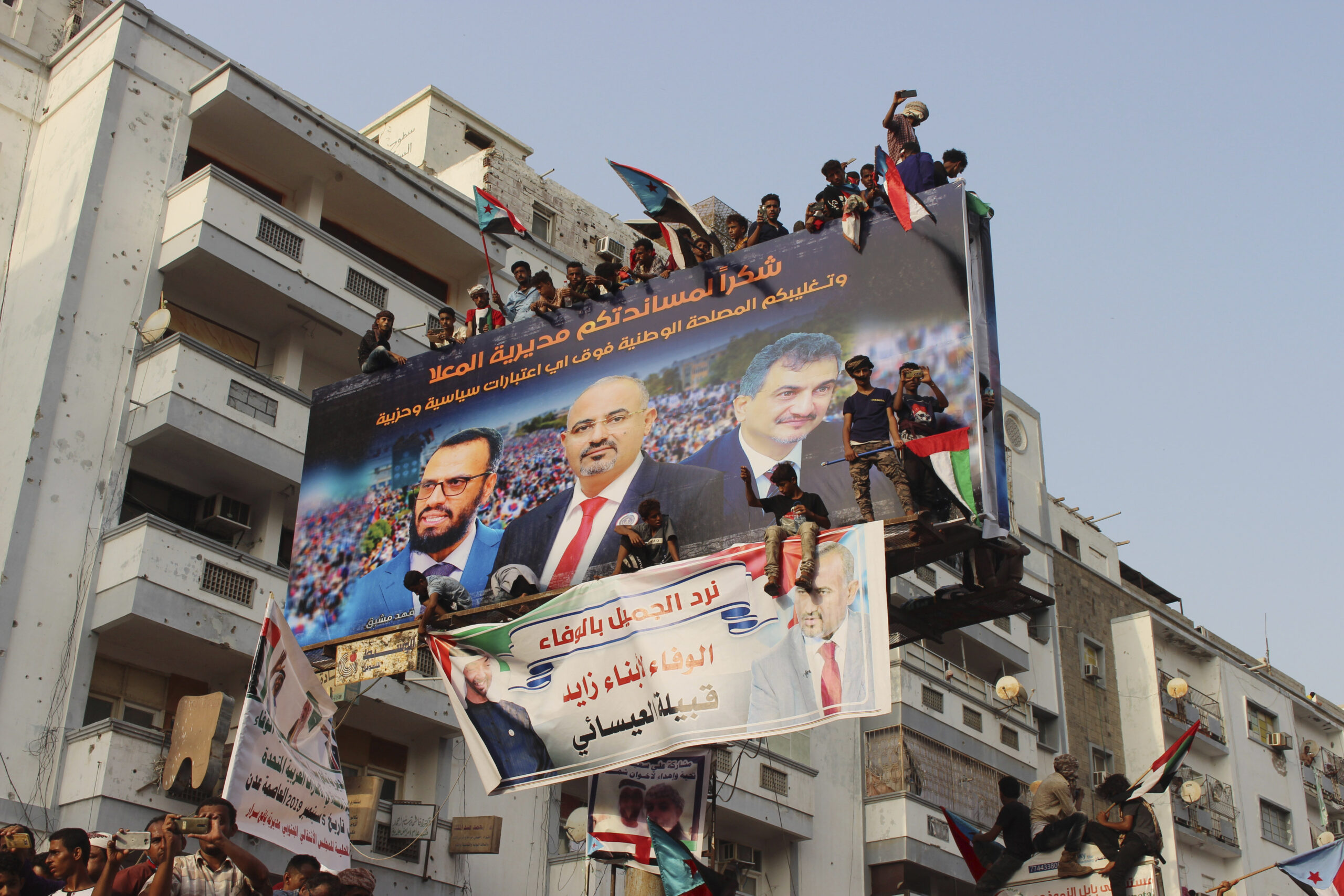
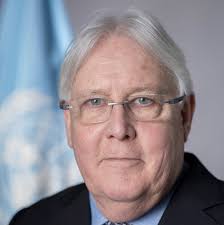
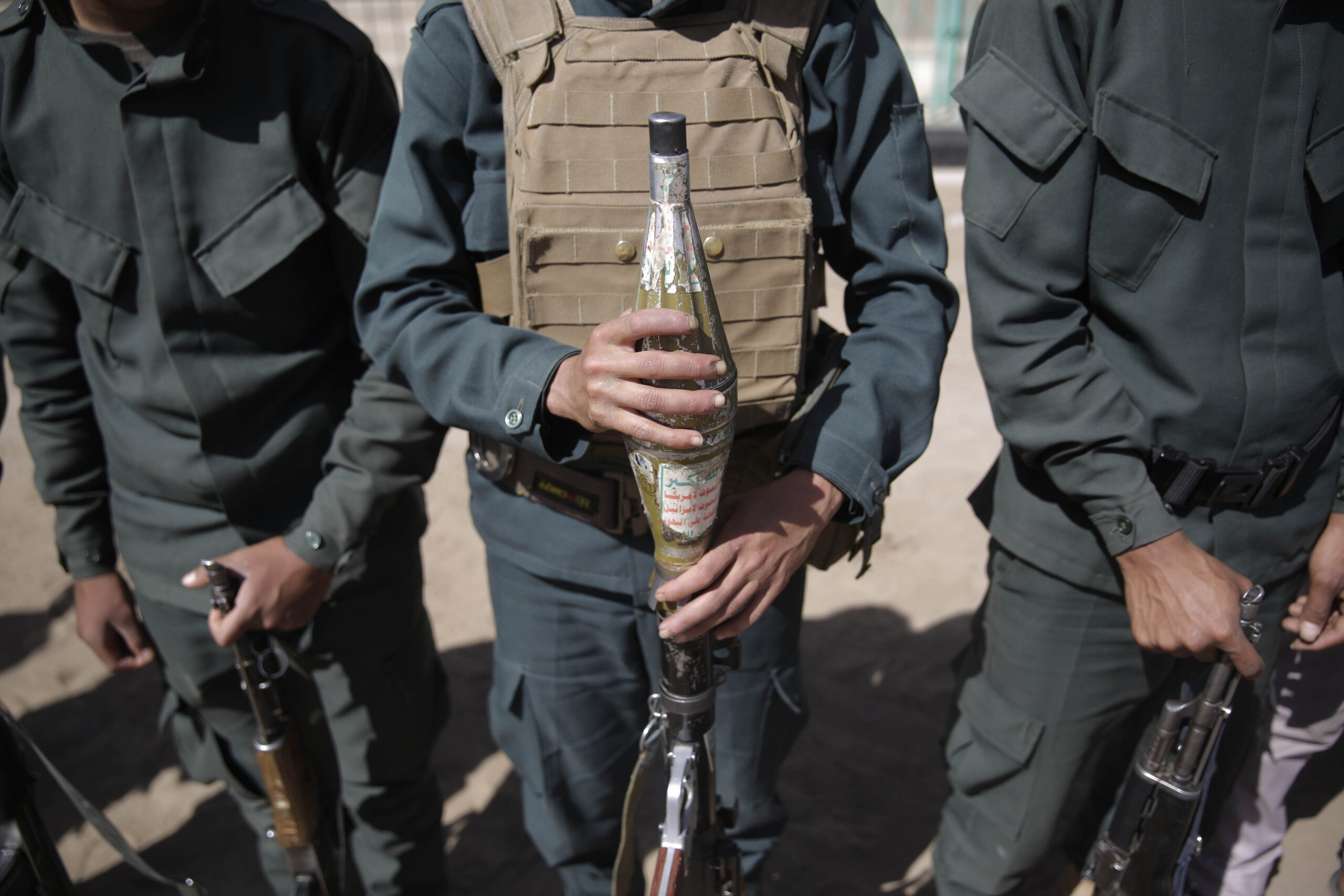


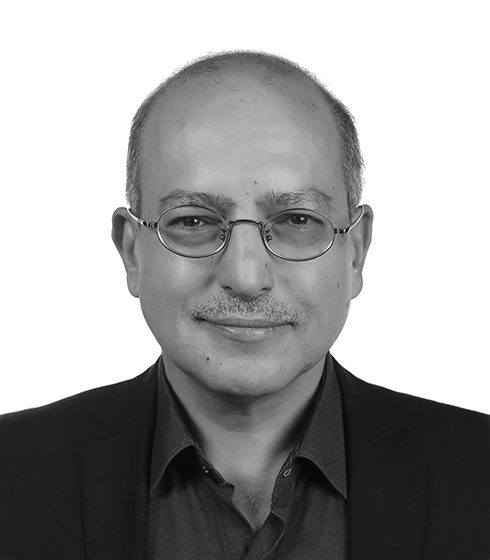
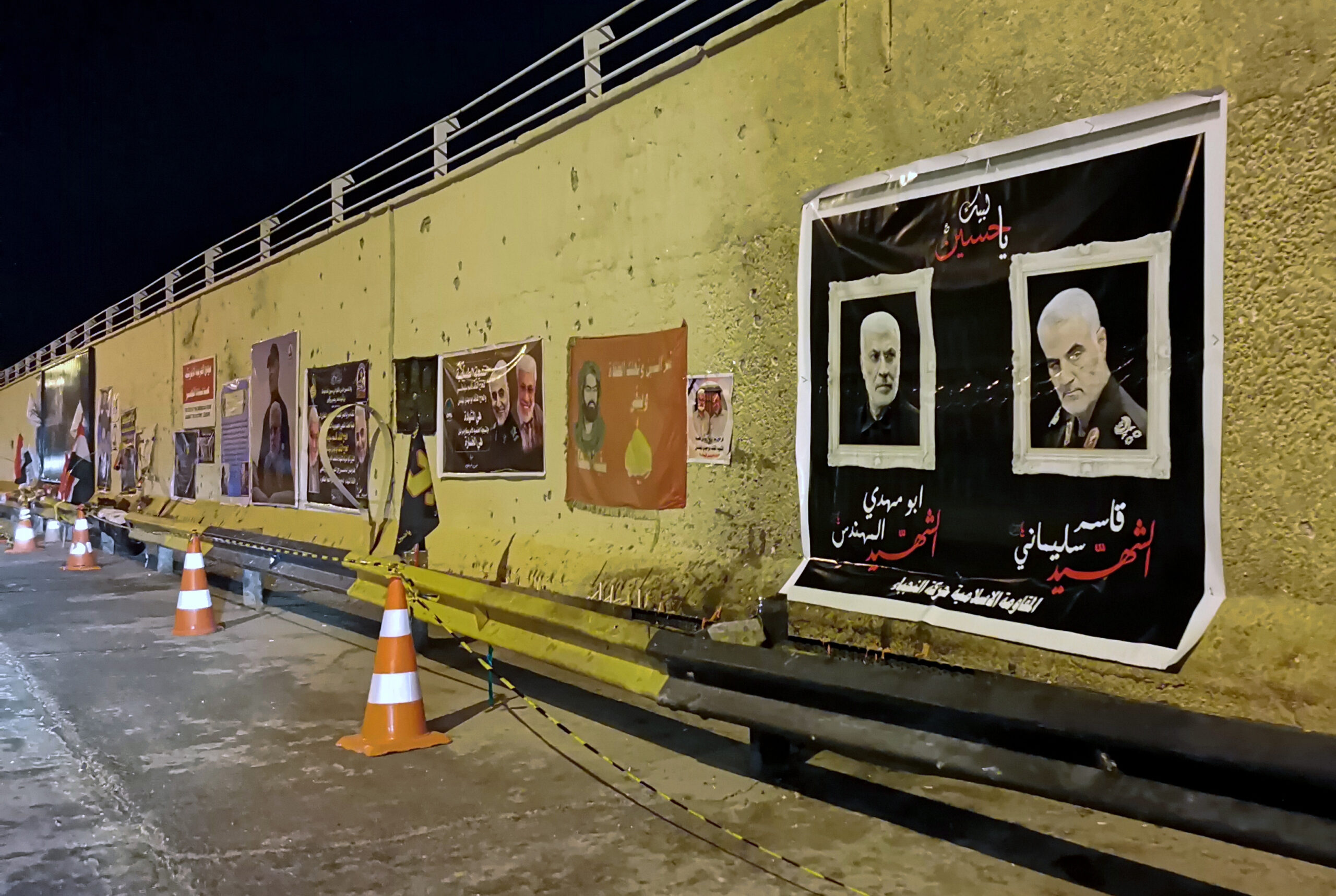






Dec 22, 2016
The World’s Forgotten War
Hopes that an end to Yemen’s punishing civil war might be within reach were briefly ignited last month. They faded almost as quickly as they came, when the government of exiled President Abd-Rabbu Mansour Hadi rejected a plan put forward by U.S. Secretary of State John Kerry. The Hadi government’s opposition to the plan, which...
4 min read